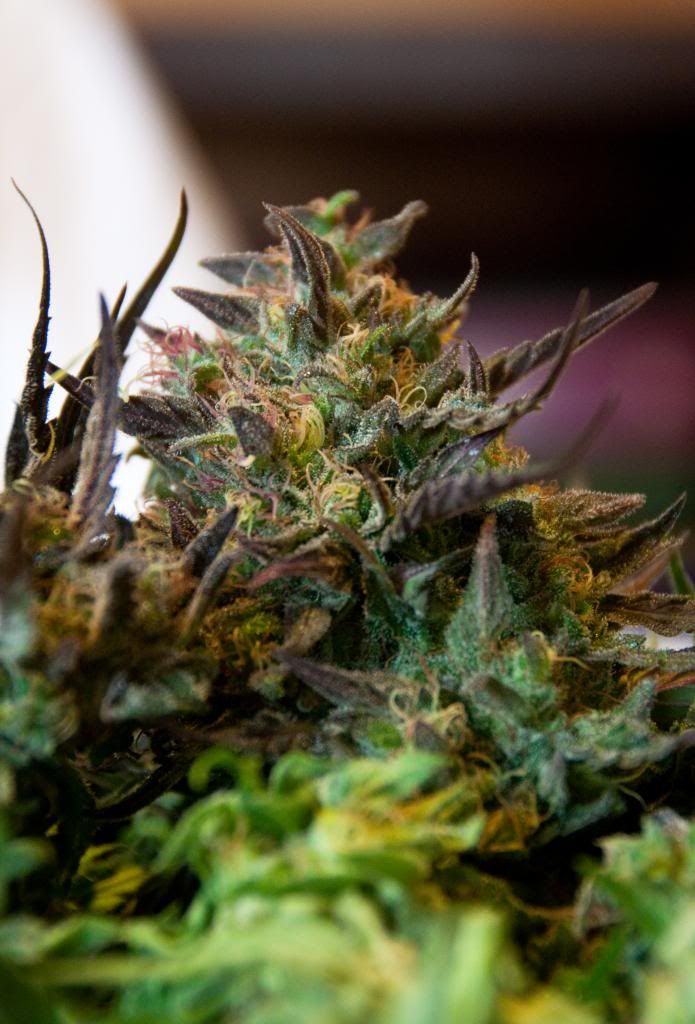 California Buds
California Buds
Mexican marijuana will lose around 25% of its share in the black market place because of the loosening of laws in Washington and Colorado, claims a study from Mexico. According to a rough translation of the work released on October 31 by the Mexican Institute of Competitiveness (IMCO,) “Depending on the federal response to the statewide legalization, the producers of the states that eliminated legal penalties for marijuana could provide much of the [product] consumed in the United States.” In other words, states with legal marijuana could end up exporting quite a bit to other states. The research discussed by IMCO was an attempt to quantify the economic effect of legalization if it passed in Washington, Colorado and Oregon on Mexican cartels but it also offers a possible way to look at the economic effects on marijuana produced in California.
First, the study (see below for an English translation) postulates a fairly standard belief that the price of marijuana is inflated because growing an illegal product is risky. The authors further assume that because growers can’t grow in large amounts (relative to other crops,) they can’t take advantage of the economies of scale—mass production being cheaper than small scale growing. However, the authors say that legalization on a state by state basis while marijuana is still illegal on a federal level won’t change the inflation model completely. They state, “Producers, distributors and marketers would continue to face risks of arrest and jail, even if their activity is fully legal in terms of the state standard.” Nonetheless, the authors argue there will be some changes in the price.
According to the study,
…the legalization in any of these states would open potentially a price gap with states that maintained the ban, creating an incentive to export. Export volume would depend on the price differential between legalized marijuana and illegal marijuana.
The authors go on to propose a mathematical formula that basically bases the price of pot on the distance it is from the place it is produced. They say that, in most cases, pot from areas where marijuana has been legalized will be able to get to markets across the United States cheaper than Mexican pot. Consequently, Mexican cartels will lose a large portion of the market. Basically the IMHO claimed in the study published before the election, according to this article in the Washington Post, that the cartels will lose “$1.425 billion if the initiative passed in Colorado and $1.372 billion if Washington voted to legalize. The organization also predicted that drug trafficking revenues would fall 20 to 30 percent, and the Sinaloa cartel, which would be the most affected, would lose up to 50 percent.”
If this study is correct, it seems reasonable to speculate that prices in Washington and Colorado will drop below what prices in California currently are, forcing California, which exports a large amount of marijuana on the black market, to drop its prices.
However, according to this fact sheet by the Washington State Liquor Control Board which is in charge of implementing the new law, prices may not drop as low as some California growers fear. According to the sheet, the “estimated producer price is $3 per gram and estimated processor price is $6 per gram” with a final average of around $12 per gram to the consumer. Assuming the black market runner buys the pot from the Washington producer/grower at the price of $3 per gram that works out to about $1362 per pound. This is a price lower than most California growers average ($1400-$2200) but only about $40 less per pound than the low end. The effect will surely be to drag prices down in the long run but may not cause a precipitous slide that some fear. If the quality and especially the reputation of California’s cannabis is higher than that of Washington and Colorado, of course that will mitigate some of the price drop.
______________________________________________
Rough translation of October 2012Mexican report on Marijuana sales.docx
CLICK TO MANAGE